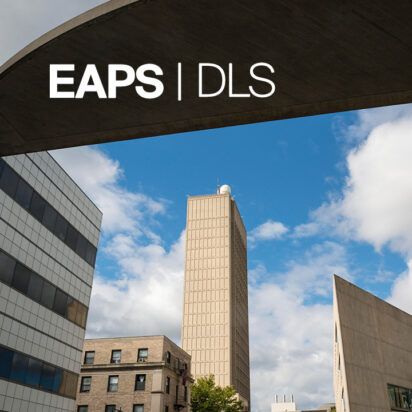
[DLS] Andrew Vanderburg (MIT)
Date: Tuesday, February 20, 2024 Time: 3:00 - 4:30pm Location: 54-915 | MIT Campus, Cambridge, MA“Getting to Know the Neighbors: Detailed Characterization of Our Nearest Planetary Systems”
Over the past thirty years, astronomers have made extraordinary progress in detecting planets around other stars. We now know that stars commonly host planets with a wider range of physical properties and system architectures than exist in our own solar system, and that planets likely outnumber stars in our galactic neighborhood. Now, planet detection technologies have advanced to the point that NASA is developing a flagship mission called the Habitable Worlds Observatory (HWO, expected launch ~2040) with the goal of searching for signs of life in the atmospheres of Earth-like exoplanets. However, before we can carry out these observations and confidently identify biosignature gases in the atmospheres of exoplanets, we must significantly improve our understanding of our nearest planetary neighbors. In this talk, I will describe work to fill in these knowledge gaps by developing new tools and methods to detect and characterize terrestrial exoplanets. I will show how planetary accretion onto white dwarf stars can reveal the geology of extrasolar planets and I will present a new automated technique for extracting this information. I will also show how modern artificial intelligence techniques can help measure precisely how common Earth analogs are, a crucial input parameter for designing missions like the HWO. And finally, I will discuss pathways towards characterizing the systems that HWO will target, including machine-learning methods to mitigate stellar activity in radial velocity observations, which currently limits our sensitivity to Earth-mass exoplanets.
Coffee and pastries served at 3pm in the Ida Green Lounge, 54-923.
Talk begins at 3:30pm in 54-915.
[DLS] EAPS Department Lecture Series
Weekly talks aimed to bring together the entire EAPS community, given by leading thinkers in the areas of geology, geophysics, geobiology, geochemistry, atmospheric science, oceanography, climatology, and planetary science. Runs concurrently with class 12.S501.
Contact: eapsinfo@mit.edu
